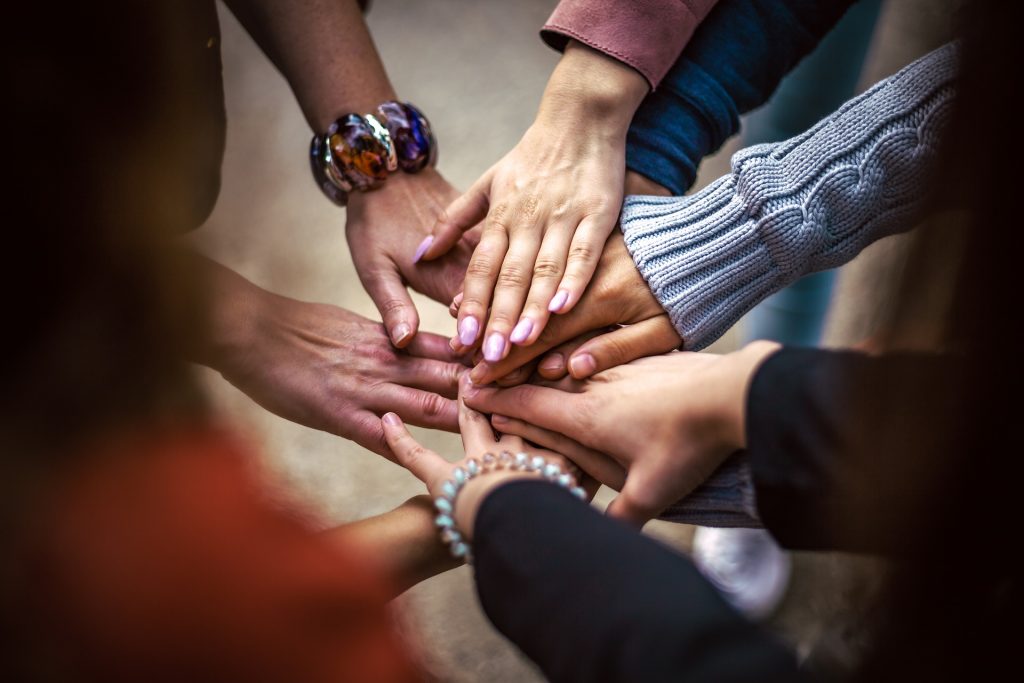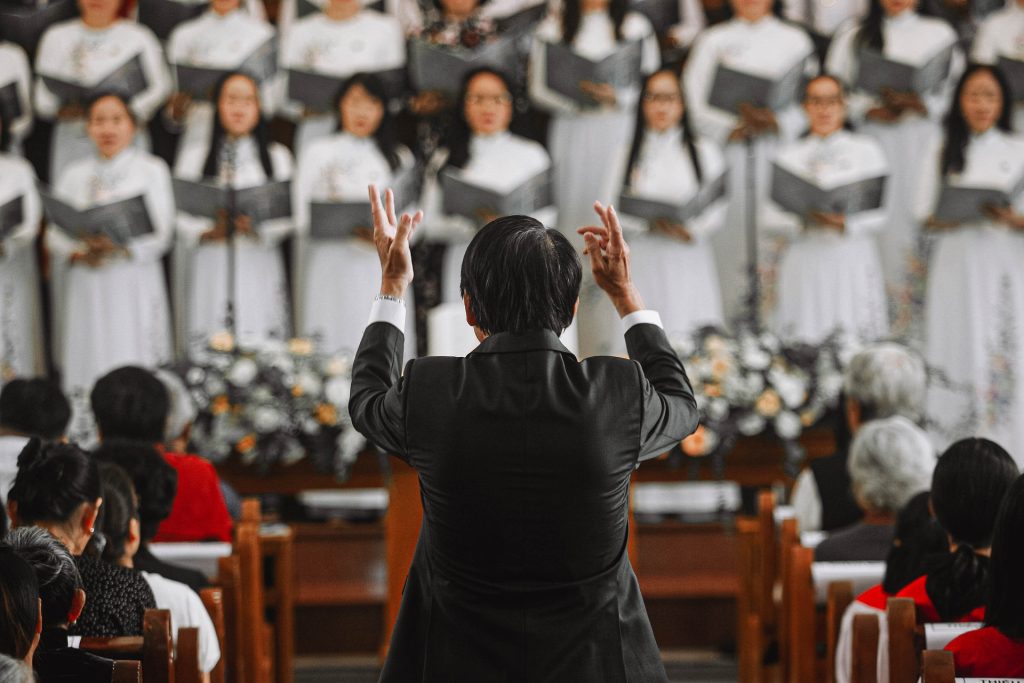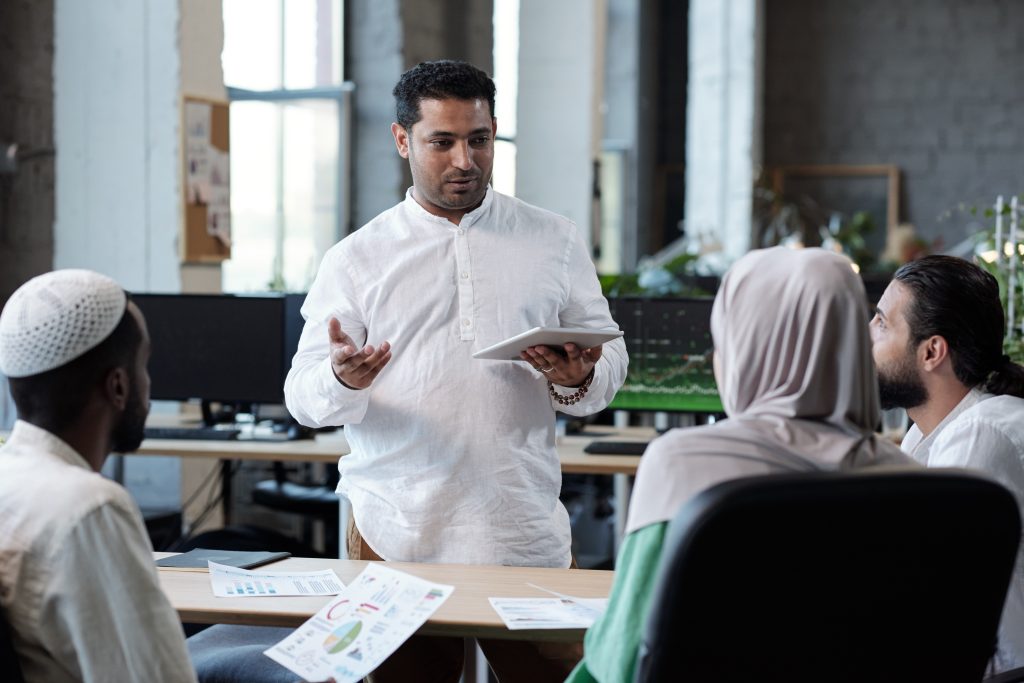BYU Law and the United Nations: Creating Tools for the Promotion of Human Rights
By Rachel Edwards

Credit: faith4rights.iclrs.org
For over 20 years, the International Center for Law and Religion Studies (ICLRS) has worked “to help secure the blessings of freedom of religion and belief for all people” through scholarship, education, networking, and law reform efforts. During the winter semester of 2022, Professor David H. Moore, ICLRS Associate Director and Sterling and Eleanor Colton Endowed Chair in Law and Religion, offered students enrolled in BYU Law’s International Human Rights Clinic the opportunity to contribute to that work by partnering with the United Nations (UN) to advance the Faith for Rights (F4R) initiative. In this article, Professor Moore and several of his students explain the F4R project and share some highlights from their work.
The Faith for Rights Framework
“The Office of the High Commissioner for Human Rights (OHCHR) is the leading UN entity on human rights,” says Moore. In 2017, the OHCHR introduced the Faith for Rights framework, which seeks to promote the mutually beneficial relationship between faith and human rights. Three years later, the OHCHR launched the F4R toolkit, which translates the framework into 18 modules on key human rights commitments. Each module provides a variety of peer-to-peer learning activities that are led by a facilitator. “The purpose of the F4R toolkit is to bring interfaith actors together in dialogue that will lead to action in support of human rights at the community level,” Moore explains. “We partnered with the OHCHR to create a website that includes a guide for facilitators of F4R sessions as well as four of the key modules. The goal was to make F4R accessible to facilitators all over the world, which required expertise in both human rights and instructional design theory.”
Moore, a scholar of international law and development, human rights, and US foreign relations law, served a brief term on the UN Human Rights Committee and worked in multiple roles at the US Agency for International Development in Washington, DC. Moore notes, “The human rights field can be hard to break into. I established BYU Law’s International Human Rights Clinic to allow students to gain experience doing actual human rights work.”
Although testing and refinement continued beyond the semester’s end, the students in the clinic were able to create a functioning F4R website, faith4rights.ICLRS.org, which launched in August 2022. “Our UN colleagues have been very impressed with the work the students at BYU Law have done and the speed at which they were able to do it,” Moore says.

Credit: faith4rights.iclrs.org
Creating Solutions That Fit
When Hillari Bollard, a graduate student in the Instructional Psychology and Technology Department at BYU, learned about the opportunity to help design the F4R website, she thought it would be a great fit for her master’s degree capstone project. “I have always enjoyed being presented with a learning challenge of some sort and finding solutions that will fit,” she says. “The idea of applying instructional design theory to a project involving freedom of religion and human rights with the UN was intriguing to me. I spoke with Professor Moore about it and was excited to make it work.”
Bollard, who taught elementary school and studied graphic design before pursuing her graduate degree at BYU, attended Professor Moore’s clinic with BYU law students each week during the winter 2022 semester. As project manager and lead instructional designer for the F4R website, she created templates for the team of law students, who then contributed content and proposed learning pathways. Bollard explains, “The F4R framework was written by academic scholars from all over the world and is intended
for a global audience ranging from students to lay clergymen. We began by looking at the material through an instructional design lens, considering what we might add to make the content more engaging, meaningful, and adaptable to different communities.”
According to Bollard, while the law students knew and understood much about human rights, the idea of creating a learning resource was new to them. “This project was unique in that the subject matter experts were also the team of designers,” she says. “I enjoyed collaborating with the law students and appreciated the openness with which they shared their ideas.”
The F4R project has opened doors for Bollard. In fact, the UN has hired her as a consultant to another university that is incorporating the F4R initiative into a conference series. She reflects on her experience with gratitude: “Being able to work with stakeholders from Europe, the Middle East, and South America was amazing. I had never worked in this field, but religious freedom is one of my core beliefs. I really loved leading this team.”
Becoming Part of Something Great
Shannon Howard, a rising 3L at Sandra Day O’Connor College of Law at Arizona State University, came to BYU Law for the winter 2022 semester as a visiting student. “ASU Law allows students to attend other law schools for up to two semesters in order to diversify their educational experience,” Howard says. “I taught community college for several years and found the opportunity to connect with, advocate for, and empower students very fulfilling. When I heard about BYU Law’s International Human Rights Clinic, it seemed like a great opportunity to use my new legal skills to help people navigate something confusing and to empower them to walk away with more understanding and knowledge.”
From the beginning, Howard sensed she was becoming a part of something great. “Even though I was visiting from ASU, I was adopted right into the tribe,” she says. The law students worked in teams of two, with each team targeting a specific F4R module. Howard and her partner worked on module 7, titled “Incitement to Hatred.” “Our overall goal was to faithfully interpret the content that the UN published in the Faith for Rights toolkit and make it adaptable to different communities. As we created the website, we wanted to keep things simple because we were aware that for many participants, English is not their first language.”
Howard says her work in the clinic was unlike any other law school experience she has had. “The semester I spent at BYU Law has changed the way I think about using my law degree in the future. Working on the F4R project was a reminder to look at things holistically and to pursue more multidisciplinary opportunities.”

Credit: faith4rights.iclrs.org
Facilitating Common Ground
Enrolling in BYU Law’s International Human Rights Clinic was an easy decision for Daniela Linge, a rising 3L at BYU Law. “I’m not a typical law student because I’m not really interested in litigation. I’m much more interested in helping to empower people to create peace in their own communities,” she says.
Linge, who currently works at the BYU Center for Peace and Conflict Resolution, was eager to get involved in the F4R project and was instrumental in developing the facilitator guide, an introductory module for those who volunteer to lead F4R sessions. “The toolkit doesn’t have a lot of information about the facilitator role. We created a guide that sets the stage for F4R discussions, by helping facilitators define expectations and ground rules.”
Linge was able to incorporate conflict resolution principles into the facilitator guide, including strategies for handling high emotions and knowing your audience. “One thing that can be helpful for a facilitator to know is that people don’t have to agree to find common ground,” she says. Linge and her teammates saw
that idea in action as they worked together over the course of the semester. “Interacting with and presenting our ideas to UN stakeholders who often had differing viewpoints and seeing them come together around a larger common goal was amazing,” Linge says. “It was definitely not a typical law school externship experience.”
For Linge, working on the F4R website was more than a project. “ICLRS is such a great place to house this partnership,” she says. “Participating in Professor Moore’s clinic allowed me to use skills I have developed at BYU Law to help others by building bridges. ‘Enter to learn; go forth to serve’ was truly happening in our clinic. That’s the spirit in which we tried to interpret the UN’s work. We hope that it will allow people to come together and make positive changes.”